English Ivy
teacher_mom2
16 years ago
Featured Answer
Sort by:Oldest
Comments (11)
aftermidnight Zone7b B.C. Canada
16 years agoRelated Professionals
Salisbury Landscape Architects & Landscape Designers · Berkeley Heights Landscape Contractors · El Reno Landscape Contractors · Flagstaff Landscape Contractors · Saint Paul Landscape Contractors · Salem Landscape Contractors · Teaneck Landscape Contractors · Vashon Landscape Contractors · West Allis Landscape Contractors · Woodburn Landscape Contractors · Memphis Roofing & Gutters · California Roofing & Gutters · Fairfax Siding & Exteriors · Philadelphia Siding & Exteriors · West Elkridge Siding & ExteriorsPattiOH
16 years agoteacher_mom2
16 years agofammsimm
16 years agoPattiOH
16 years agoAnnie
16 years agoclassytchr64
16 years agocareytearose
16 years agoteacher_mom2
16 years agogardengal48 (PNW Z8/9)
16 years ago
Related Stories
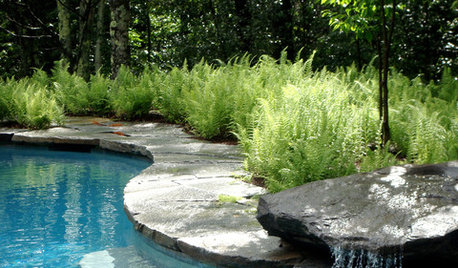
GROUND COVERSNative Alternatives to English Ivy, Japanese Pachysandra and Periwinkle
These shade-loving ground covers are good for the environment and say something about where you are
Full Story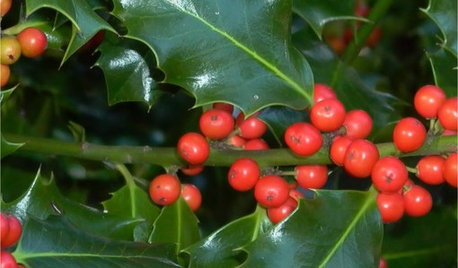
GARDENING GUIDES9 Holly and Ivy Plants for Good Tidings in the Garden
Spread Christmas joy all year round with the gorgeous foliage and bright berries of these evergreen plants
Full Story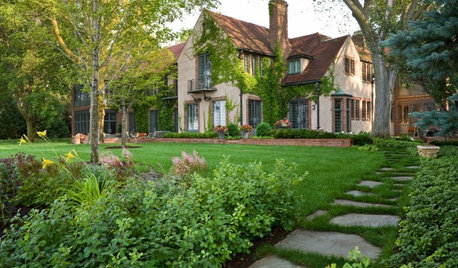
GARDENING GUIDESLay of the Landscape: English-Style Gardens
Stately and formal meet natural and romantic in English-inspired landscapes
Full Story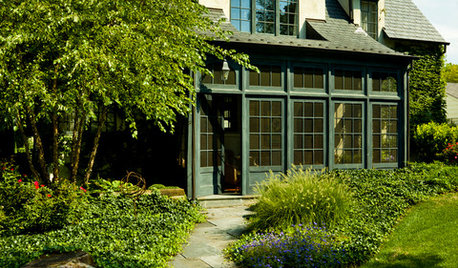
HOUZZ TOURSMy Houzz: English Cottage Style Graces a Home Bathed in Light
Starting with a bare lot, a downsizing Illinois couple builds a fitting home that welcomes the sun everywhere you turn
Full Story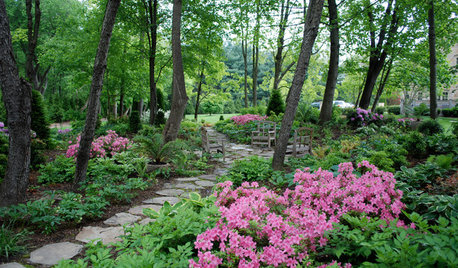
GREEN BUILDINGBuilding Green: How to Design a Healthier Landscape
Plant selection, water management, fire-prevention measures and more can ensure that your landscape is good for the planet and for you
Full Story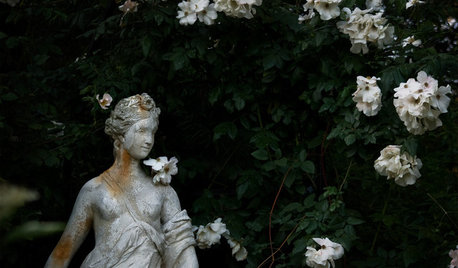
LANDSCAPE DESIGNGet the Mystery of a Gothic Garden for Yourself
Create an enchanting and tranquil scene with the stonework and wayward plantings of Gothic garden design
Full Story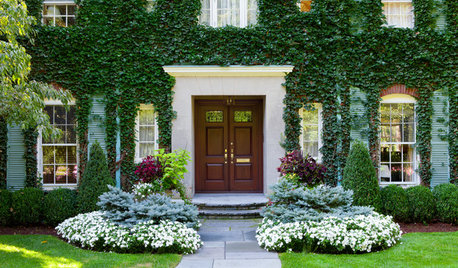
EXTERIORSCare and Training for a Vine-Covered Home
Love the look but don’t want the ruin? Learn how to have vine-draped walls without all the cracks and crumbling
Full Story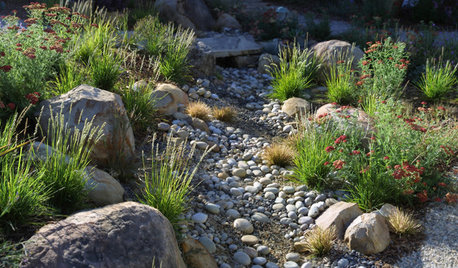
LANDSCAPE DESIGNHow to Design Your Landscape to Slow Down Water
Putting the brakes on stormwater runoff is the first step in sustainable water design
Full Story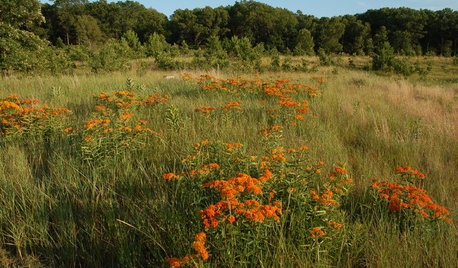
GARDENING GUIDESThe Art of Green Mulch
You can design a natural garden that doesn’t rely on covering your soil with wood and bark mulch
Full StorySponsored







slubberdegulion